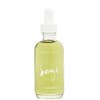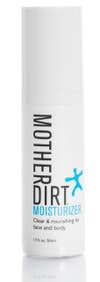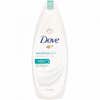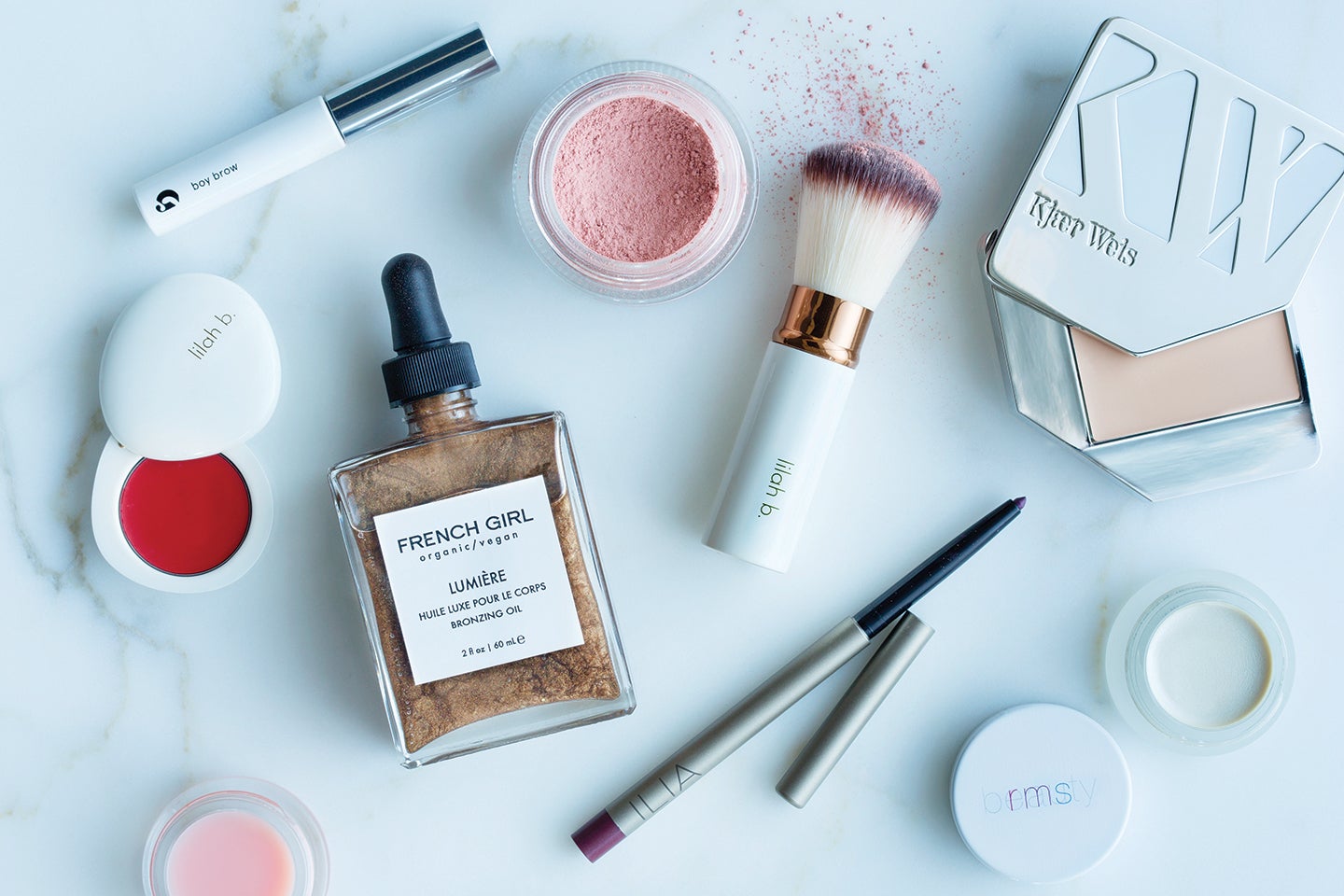What Is the Skin Microbiome? We Unpack Beauty’s Latest Buzzword
Allow us to explain.
Updated Sep 29, 2021 7:17 AM
We may earn revenue from the products available on this page and participate in affiliate programs.
Bacteria are all the rage right now. Consuming forms of good bacteria—be it probiotics, kimchi, miso, or yogurts—is certainly in fashion, but it turns out that the same bacteria that fosters a healthy system also exists on the largest organ of the body: your skin. It’s called the skin’s microbiome, and the beauty industry is suddenly obsessed with your skin’s bacteria. Even one of the largest body care brands, Dove, just launched an entire campaign championing and educating on microbiome care. Here’s what you need to know to keep your microbiome, and thus, your skin happy and glowing.
What is the microbiome?
“The microbiome is our skin’s living layer of microflora, and yes, bacteria can be good,” says Dove dermatologist, Dr. Mona Gohara. “It is very important to respect the microbiome for optimal skin health.” This microbiome is made up of a thin layer of oil and good bacteria and is happiest when at a balanced pH level, says Athena Hewett, a San Francisco–based esthetician and founder of Monastery skincare.
Why should you care?
You really want to keep your microbiome happy: Just as flora in your gut, the good bacteria will kill off the bad bacteria for optimal health. “The microbiome is extremely important in warding off acne, dryness, rashes, and dermatitis,” says Hewett.
How do you improve your microbiome?
Kindness gets you everywhere when it comes to your microbiome. “Harsh soaps and sulfates can disrupt the microbiome, so it is important to choose gentle cleansers that are sulfate-free and pH balanced,” says Dr. Gohara. Those harsh cleansers used on the surface of the skin can strip the microbiome. “It has been proven that once the skin’s microbiome is disrupted, it takes the body 14 hours to rebuild it,” says Hewett. Within those hours, your skin is subject to the bacteria associated with acne and outside elements that can lead to dryness and irritation.
What products damage your microbiome?
Even if you think you’re cleanser is gentle, it’s probably not. “The truth is that if it is a gel, foam, lotion, or cream cleanser, it’s [not gentle],” says Hewett. This leaves us with a few options. Plain old water is kind to your microbiome, but it will not remove makeup or sunscreen off the face and body. An oil cleanser will though, and is very microbiome-approved. Hewett says oil cleansers are the “healthiest way to cleanse our skin, leaving our microbiome intact.”
There is also a whole new genre of products catering to pleasing your microbiome, and the trend has picked up so much interest that even big brands, like Dove, are offering products. Here are a few microbiome-friendly products that your skin’s bacteria will absolutely adore.

Many acne-prone people stay clear from oils, fearing it will cause breakouts. But this cleansing oil was created specifically for those skin types, blending coriander and a rare Greek sage to curb oil production and heal blemishes. Cleansing oils are an interesting genre of microbiome-safe cleansers, which are meant to be applied to dry skin, massaged in, and then wiped away with either water or just a soaked cotton pad. It’s so hydrating that many people don’t even need a moisturizer afterward. And Hewett says many users see an improvement in skin texture after a few weeks, thanks to the strengthening of the skin’s microbiome.

The entire brand is described as “biome-friendly” and this AO+ Mist is actually a bacteria mist. It has live cultures of bacteria, which are said to “restore clarity and balance to your skin in four weeks.” You spritz the mist on twice a day on both face and body.

For body, Dr. Gohara says that several Dove products were created with skin flora in mind, including the Dove Sensitive Skin Body Wash, which is sulfate-free. Even though the face might get more of the focus when it comes to being microbiome-gentle, it’s worth swapping out body products with this in mind, too, so skin feels less itchy and irritated.
More bacteria friends: Everything You’ve Ever Wanted To Know About Probiotics Why You Need Probiotics in Your Skincare Routine How to Stop and Prevent Bloating
